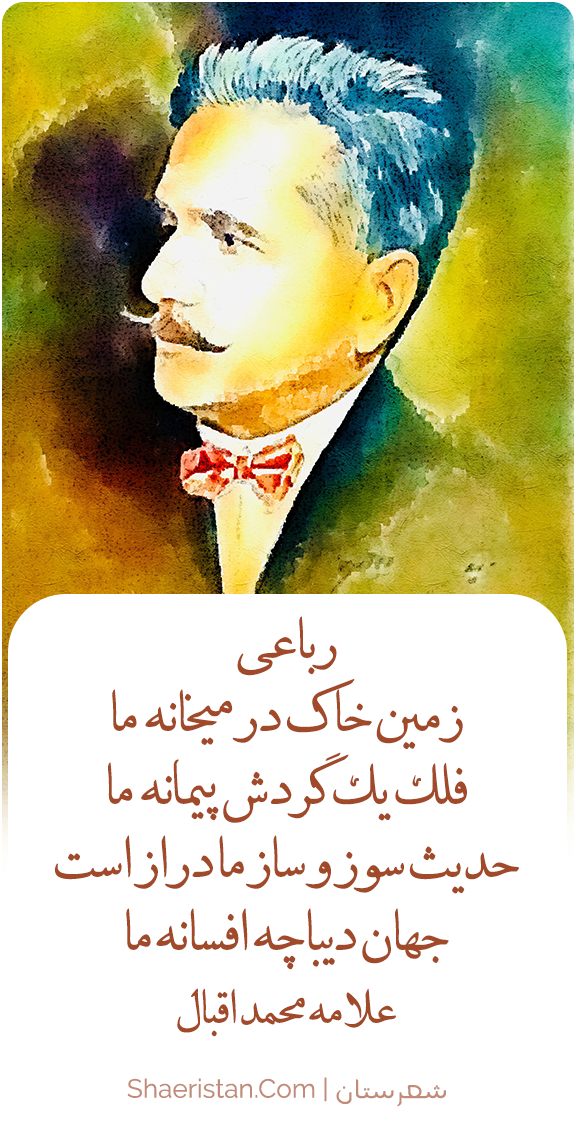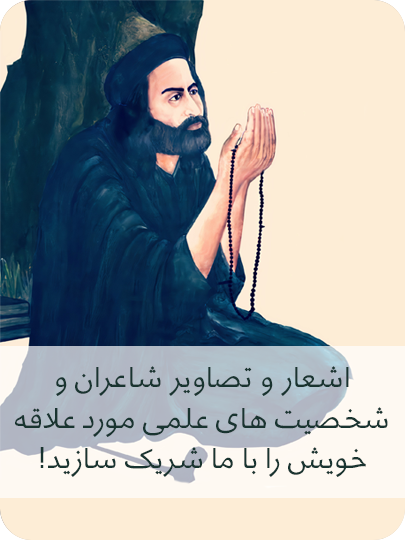Rumi was asked the meaning of the following lines from his Masnavi:
You are that very thought, my brother:
Those bones and nerves are something other.
Rumi said: You should think about this. “That very thought” in reality is not “thought” at all, and if it is, it does not belong to the kind of thought that people usually mean by the term. In using the word “thought” my intention was the “idea” or “essential element.” If you need to put this “idea” into a more humdrum way so that common people can understand, then say: “The human being is a speaking animal.”
Speech is thought, whether spoken or not. The rest of the human being is animal. Therefore, it is perfectly true to say people consist of thought, and the rest is “bones and nerves.” Speech is like the sun, all people derive warmth and life from the sun, and the sun is always there. The entire world is warmed by the sun, yet the sun’s rays are not always visible. When thought is expressed through word or sign, be it thanks or complaint, good or evil, then the sun of speech becomes visible, just as the rays of the celestial sun become visible when they shine upon a wall.
So, the rays from that sun of speech only appear through the medium of letters and sounds. Though always present – for that sun is subtle, and “He is the All-subtle” – some element of grossness is required for it to become visible and apparent.
A certain man said that “God” had no meaning for him, the word left him bewildered and frozen. When they said, “This is God’s Creation, these are His Commandments, and these are His Laws,” then he felt the warmth of those rays. So, although God’s subtlety always existed and shone upon that man, until they explained it to him through the medium of Commandment, Creation and Law, he was unable to see.
There are some people, who, due to illness, cannot use honey. Yet through the medium of some other food, such as mixed into rice dressed with turmeric or halvah, they can eat it. Once they recover from their illness, however, then they can take honey without any medium.
Therefore, speech is a subtle sun shining continually, without ceasing, and we need some gross medium in order to see and enjoy it. But, once you can see those rays and that subtlety without any gross medium, then you find wonderful colors and marvelous spectacles in the depths of that sea. Yet what is so amazing about that? For speech is always within you, whether you actually speak or not, even if you have no thought of speaking.
Philosophers say, “The human being is a speaking animal.” Animality is always within you as long as you are living, just as speech is always within you. Chewing is one expression of animality, it is not a state of itself. In the same way, speaking and talking are only reflections of “Speech.”
People have three spiritual states. In the first they have no thought of God at all, but worship and pay service to everything else: friends and lovers, wealth and children, stones and clods. Once they gain a little knowledge and awareness, then they serve nothing but God. Yet, after learning and seeing more they enter a state of silence. They do not say, “I serve God,” nor “I do not serve God,” for they have transcended both. No sound issues from these people into the world.
“God is neither present nor absent,
For God is the Creator of both.”
All words, all sciences, all skills, all professions derive their flavor and relish from Speech. The end of that chapter cannot be known, however, for they are only expressions, and not the state of itself. This is illustrated by the man, who in seeking the hand of a wealthy and beautiful woman, looks after her sheep and horses, and waters her orchards. Though his time is occupied with those services, their flavor derives from the woman. If the woman were to disappear, those tasks would become cold and lifeless. In this same way, all professions and sciences derive life, pleasure and warmth from the rays of the Saints’ inspiration. But for their inspiration, all tasks would be utterly without relish and enjoyment.






